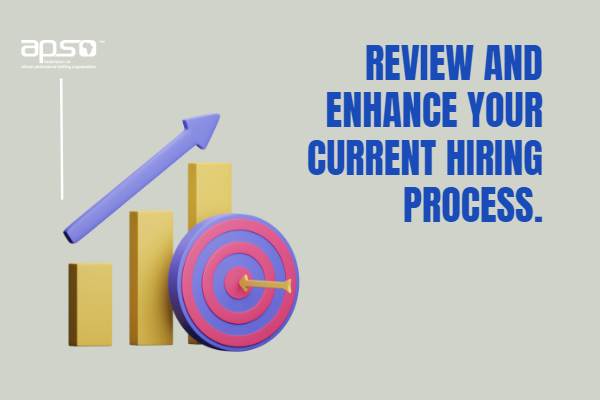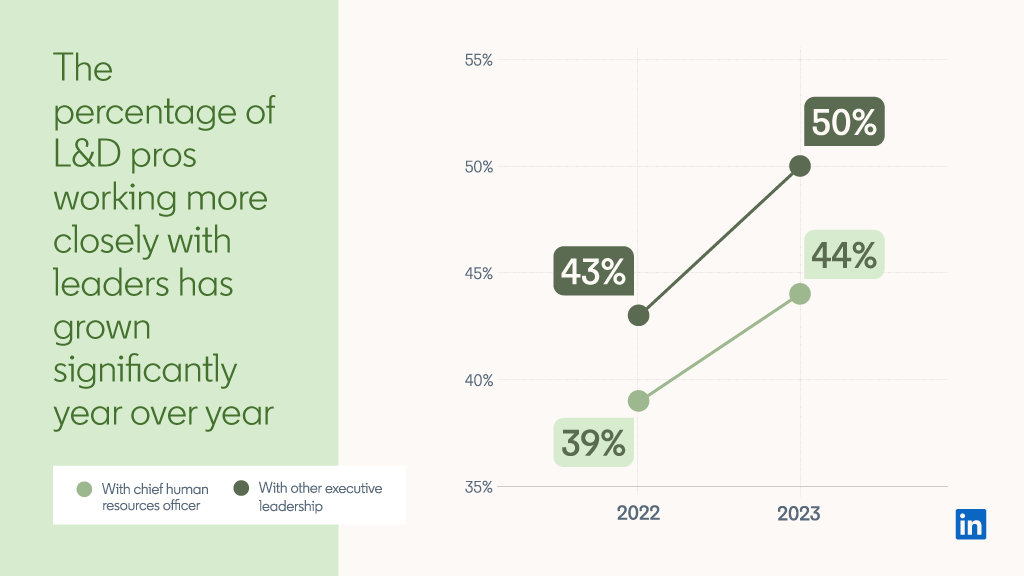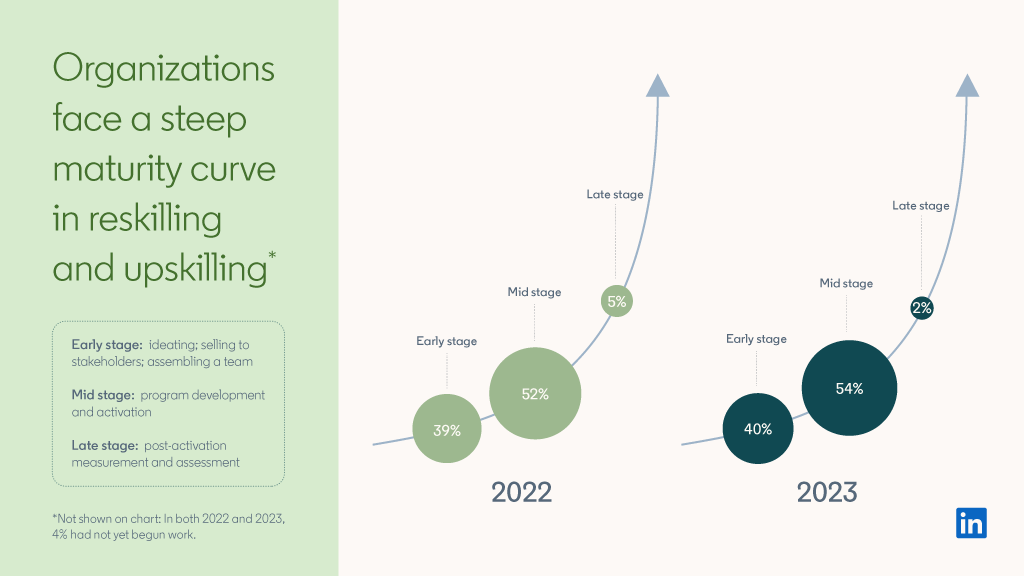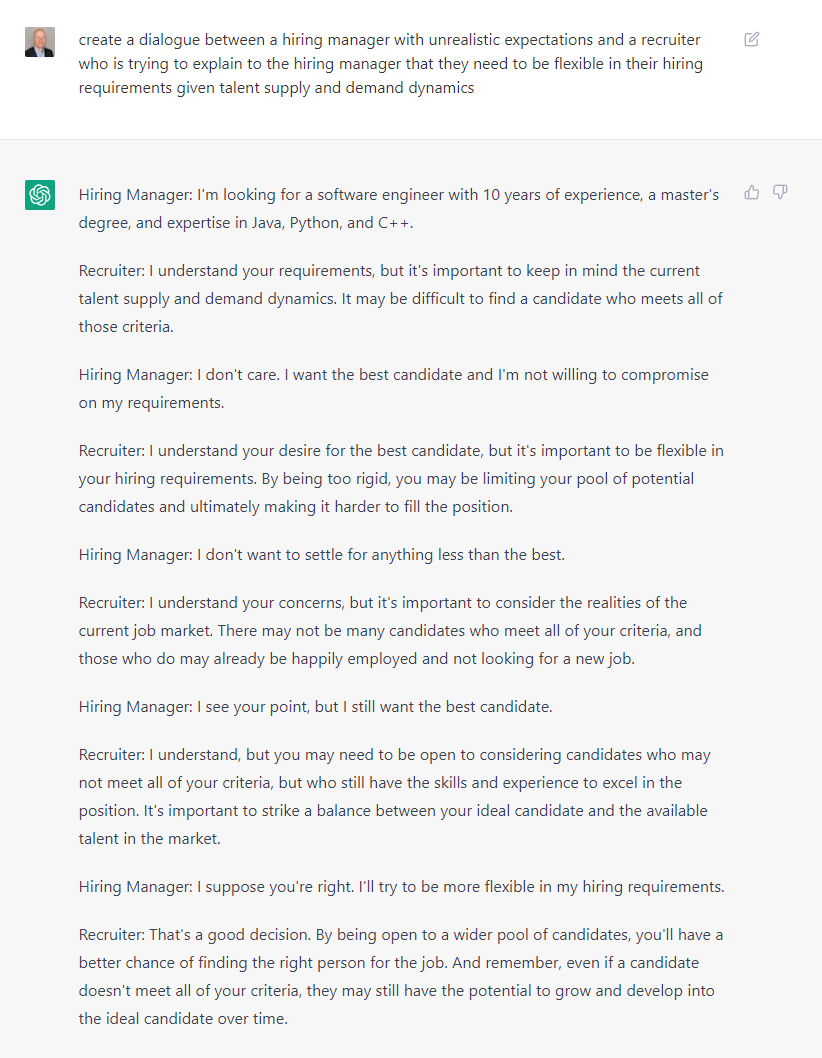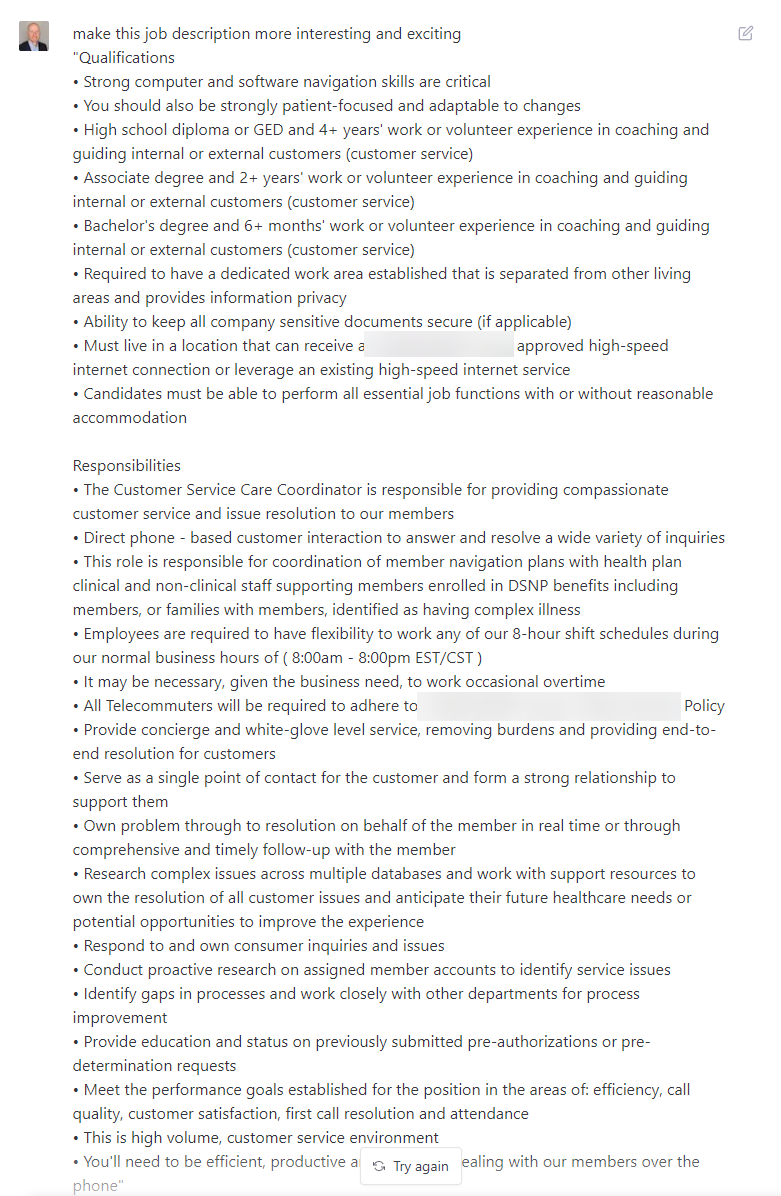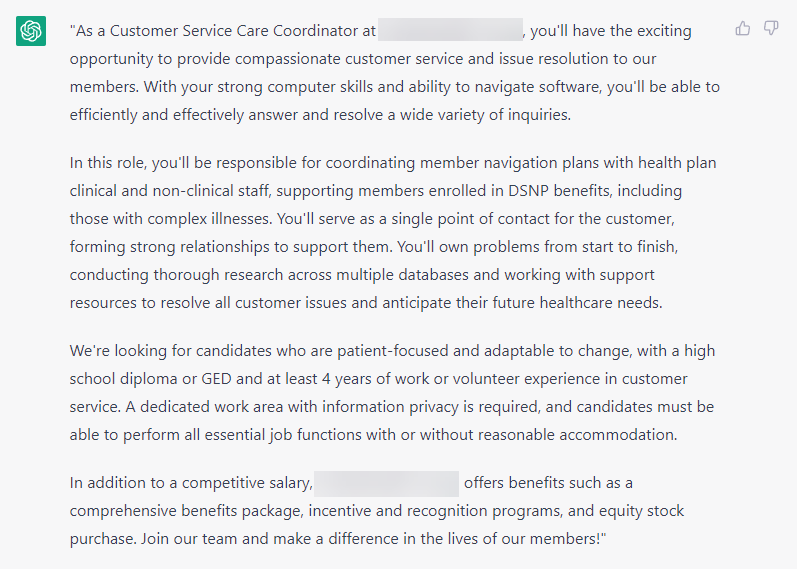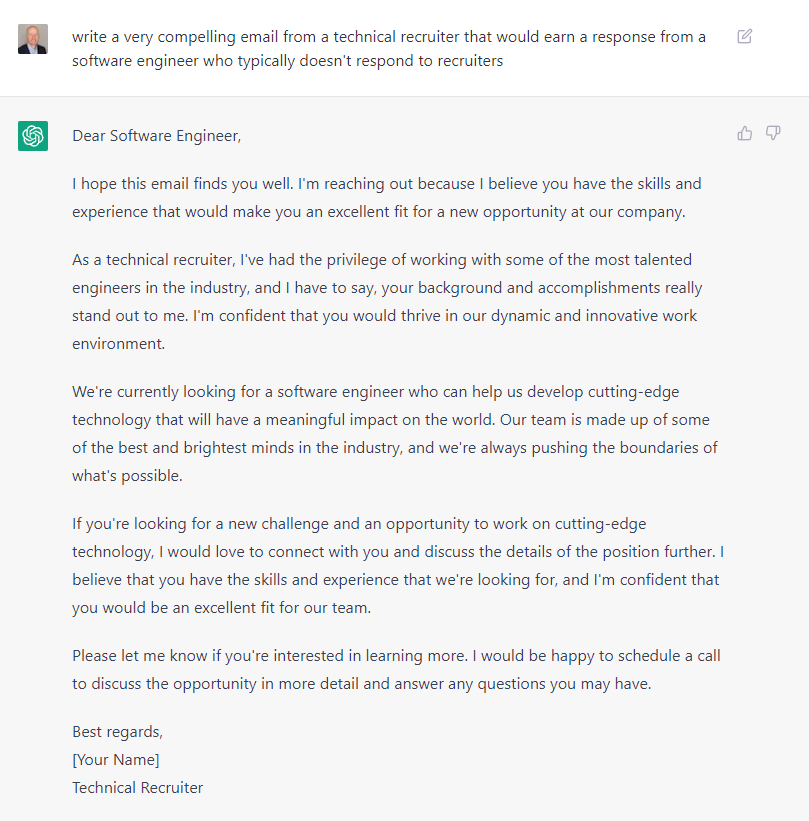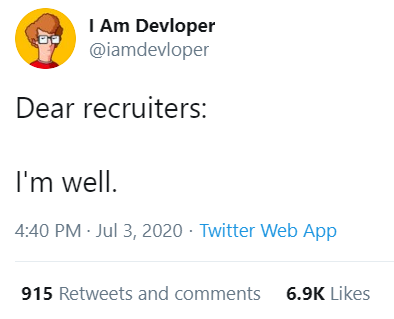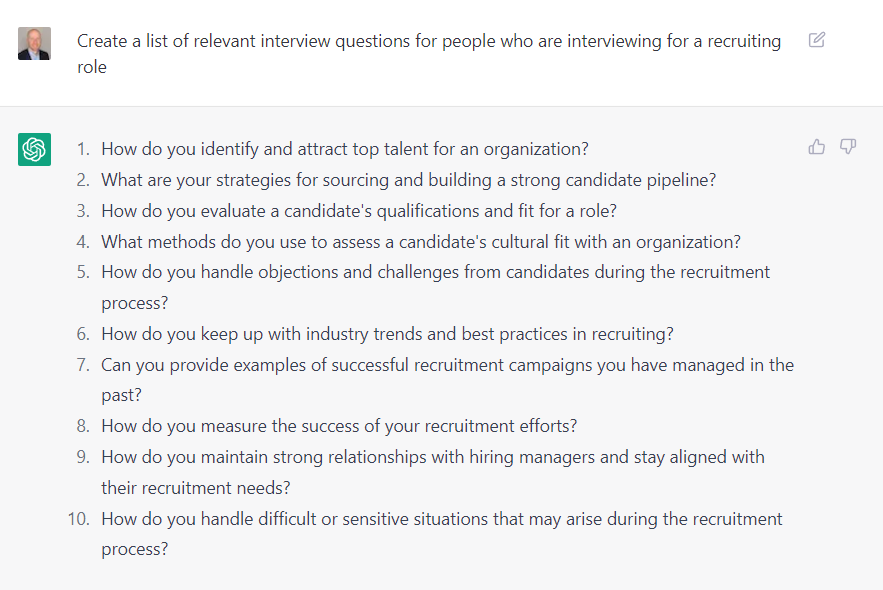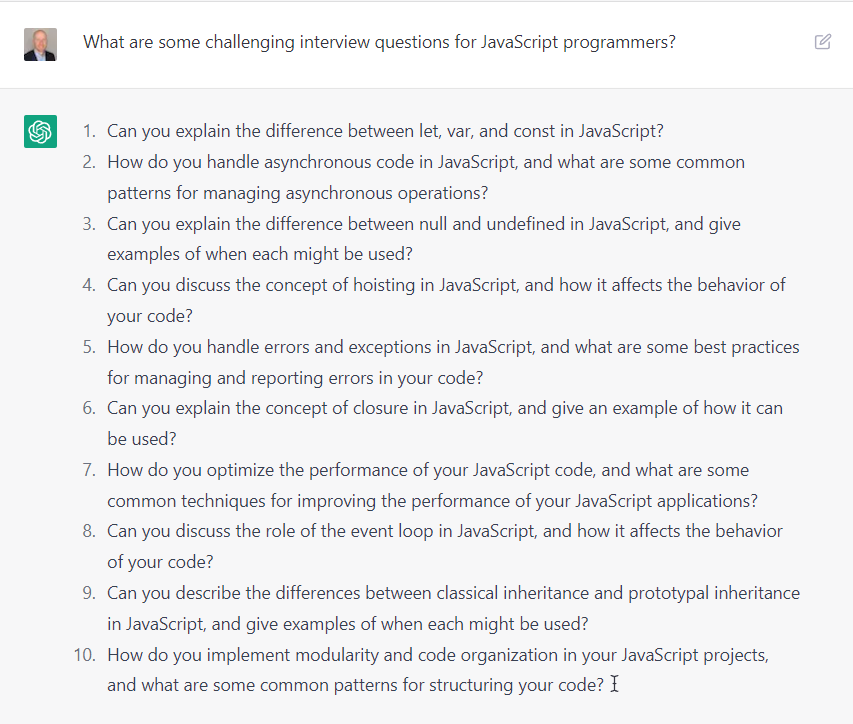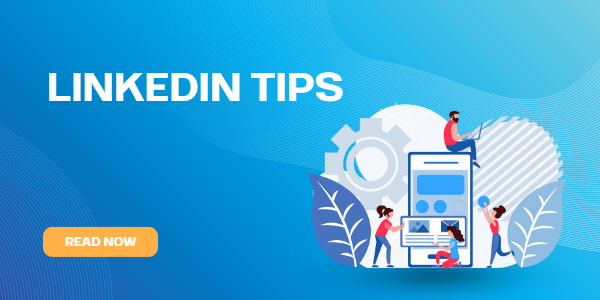Wright Rose-Innes said that parties often make the mistake of not being diligent when they conclude a contract.
Most contracts give provisions or grounds for when and how the contract can be terminated before its natural conclusion.
These typically include breach provisions, warning notices, or termination notice periods.
Most contracts have these provisions properly drafted; however, in some cases, provisions are not followed correctly, leading to confusion over the termination of a contract.
The case
A case presented before the Supreme Court of Appeal – Datacentrix (Pty) Ltd v O-Line (Pty) Ltd – looked at the validity of a contract termination.
The court said that in the event of a breach, the notice of termination had to be given in a set period specified in the contract and in accordance with the exact processes laid out for such notice to be valid and the correct termination of the contract.
Following the correct procedures allows the party in default the opportunity – within the contract’s defined parameters – to remedy their default.
If the correct notice procedures are not followed, the party in default could lose the chance to remedy the issue and avoid the termination of the contract.
Should the correct notice procedures not be followed, the party in default may lose the opportunity to fix the problem and avoid the termination of the contract.
The courts have repeatedly said that – even in cases where the termination procedures are vague in contracts – a contract cannot summarily be terminated, as reasonable notice periods must be adhered to.
The determination of reasonable depends on a variety of factors, such as the language used, the intention of the parties, their relationship, and the events surrounding the termination.
In terms of legislature, minimum notice periods are essential for a valid termination of a contract.
For instance, the Consumer Protection Act 68 of 2008 says that a fixed-term consumer contract can be terminated with 20 days’ notice.
Therefore, the first step when considering terminating a contract would be to thoroughly read the contract to see the exact grounds for termination and related procedures.
Contracts may only be validly terminated if it is done in accordance with the contract’s procedures. If the correct procedures are not followed, there is a risk of having the contract repudiated with the relevant party seen as breaching the contract.
If there are no grounds for termination in the relevant contract, then an assessment would be done to see what is a reasonable notice period.
...
Source _ Business Tech






